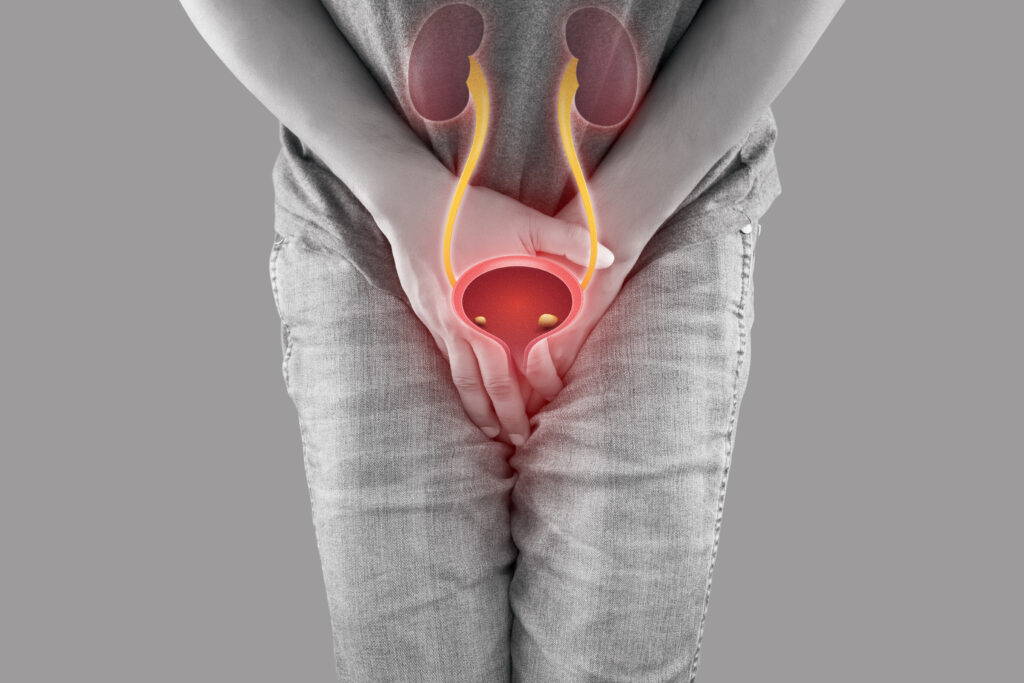What Is Interstitial Cystitis?
Interstitial Cystitis is a long-term condition that affects the bladder. It causes pain, pressure, or discomfort in the bladder and pelvic area. Often, people with this condition feel the need to urinate often. While it is not caused by an infection, it can feel similar to a urinary tract infection. Because symptoms can last for months or even years, it is important to know when to seek help. Interstitial Cystitis is also called painful bladder syndrome.
Common Symptoms of Interstitial Cystitis
Many people with Interstitial Cystitis notice certain signs. These symptoms can come and go or get worse over time. For example, you may notice:
Sometimes, symptoms may get worse during stress or certain activities. If you notice these signs, it may be time to talk to a urology specialist for bladder pain.
Causes and Risk Factors
Doctors do not know the exact cause of Interstitial Cystitis. However, some factors may raise your risk. For instance, women are more likely to get this condition than men. Other possible risk factors include:
Although the cause is unclear, knowing your risk can help you watch for early symptoms.
When to See a Urologist
It is important to know when to see a urologist for Interstitial Cystitis. Early care can help manage symptoms and improve your quality of life. You should see a urology specialist if you notice:
Additionally, if you have a fever, chills, or severe pain, seek care right away. These may be signs of a more serious problem. If you are unsure, you can always find a urologist near you for advice.
Diagnosis: What to Expect at the Urologist’s Office
When you visit a urologist, they will ask about your symptoms and medical history. Next, they may do a physical exam. Sometimes, they will ask for a urine sample to rule out infection. In some cases, the doctor may suggest tests such as:
These steps help the urologist find the best treatment for you. Although the process may seem long, it is important for an accurate diagnosis.
Treatment Options and Lifestyle Tips
There are many ways to manage Interstitial Cystitis. Your urologist may suggest:
In addition, lifestyle changes can help. For example, you can:
With the right plan, many people find relief from their symptoms.
Prevention and Self-Care Strategies
While you may not be able to prevent Interstitial Cystitis, some steps can lower your risk of flare-ups. For instance, you can:
Moreover, talking with your urologist about self-care can help you find what works best for you.

